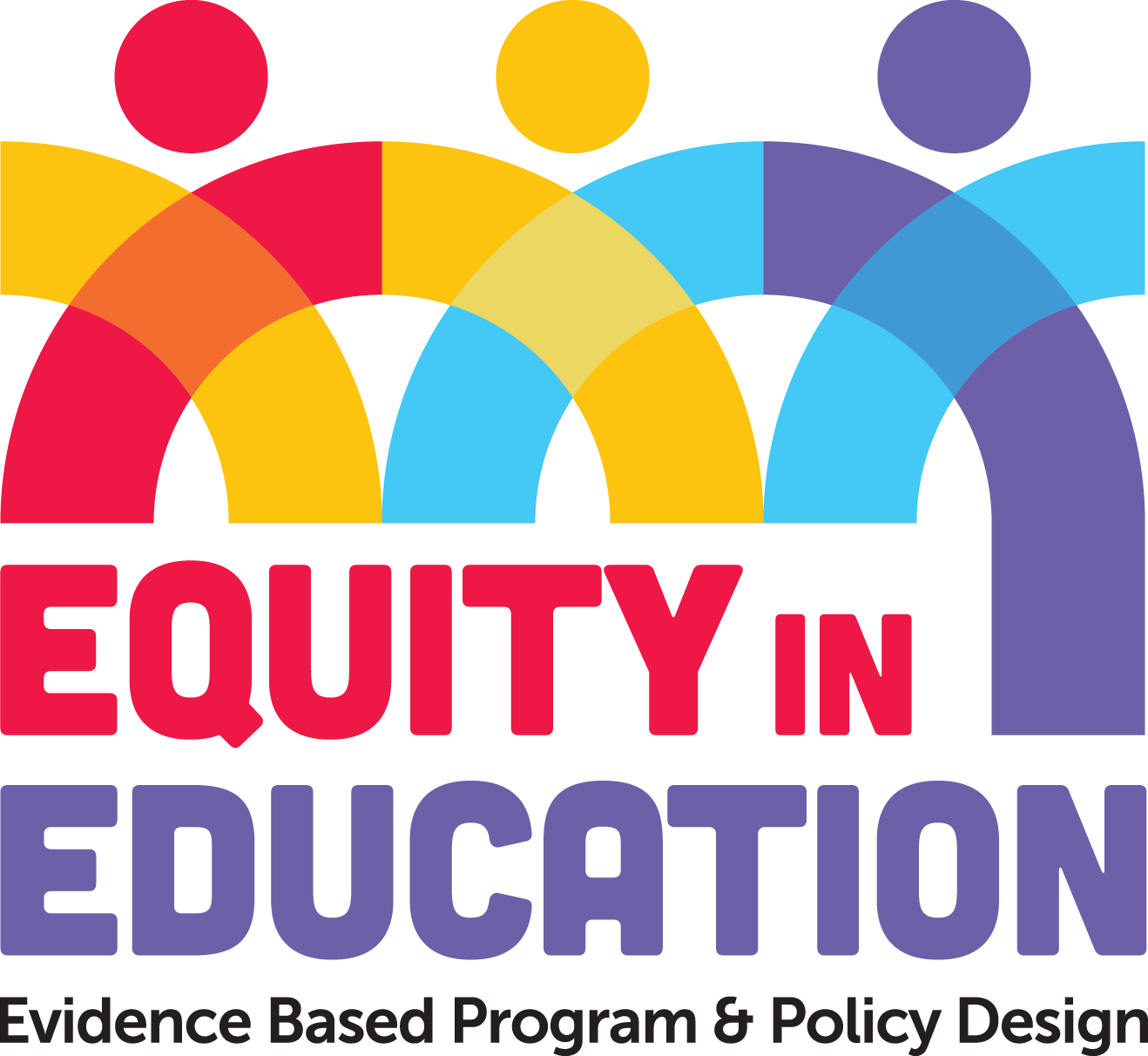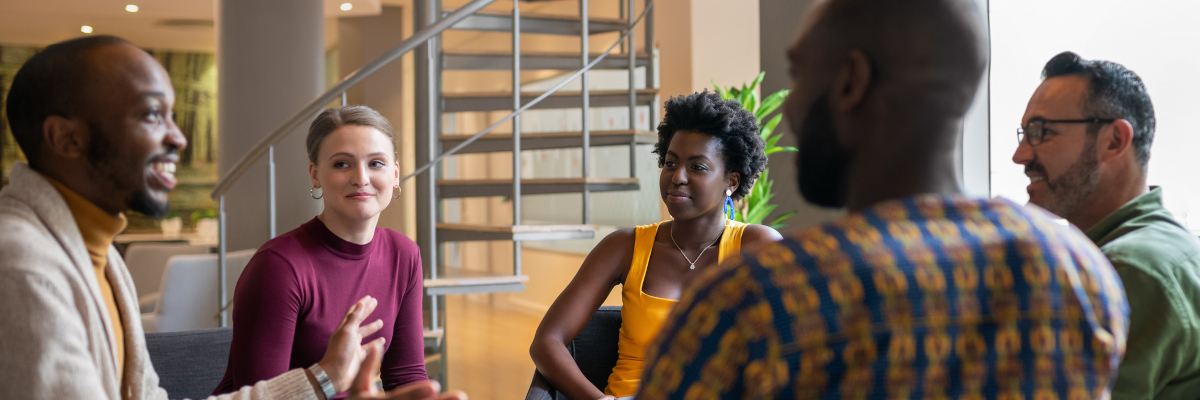Puzzling Publics
Building on theories of social learning and policy change, this article argues that reflexive learning provides a causal mechanism for how public engagement in policy formulation can trigger policy innovation. Reflexive learning is a mode of learning that takes place during policy formulation and is most likely to occur in policy areas marked by considerable uncertainty and complexity (low problem tractability) and the participation of a wide range of actors (low actor certification). We contend that reflexive learning processes can restructure policy problems and widen the menu of available policy options and prompt policy elites and citizens to collectively update their beliefs, resulting in policy innovation. We probe the plausibility of this mechanism of policy change through a comparative study of universal pre-kindergarten policy making in the US and Canada. Through two paired comparisons (Florida and California; Ontario and Alberta), we find that policy innovation occurs when publics are engaged in policy formulation through iterative, ongoing public consultation on policy instruments and settings. Reflexive learning among publics and policy elites generates legitimacy, facilitating major policy change.
AUTHORS
Funded Project
Designing Effective Policy Responses



